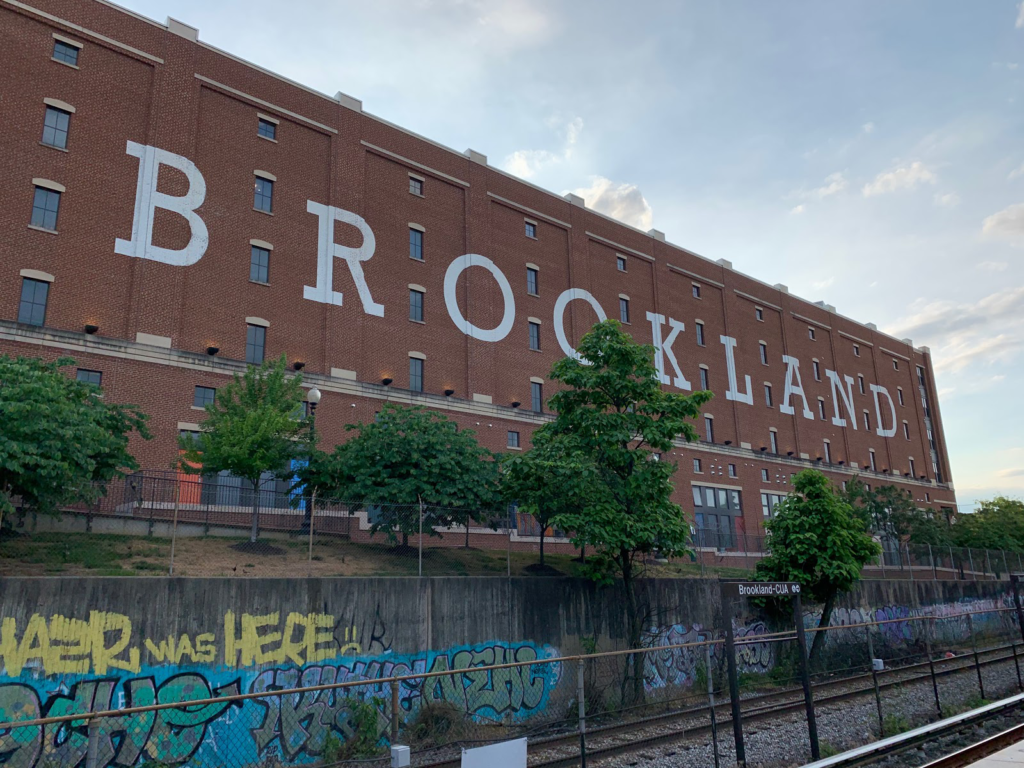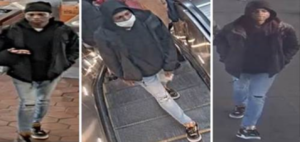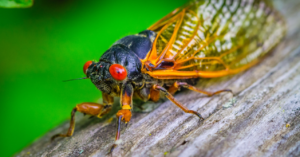Off-Campus Gathering Triggers Immediate Administrative Intervention

Image Courtesy Of Kathleen Hoban
By Theresa Whitfield
An off-campus gathering defying health and safety guidelines which approximately fifty students attended triggered the intervention of the Department of Public Safety (DPS). Addressing disturbance complaints continues to be part of a long term problem the Office of the Dean of Students (DOS) faces.
The illicit gathering took place on August 27 without facemasks or proper social distancing maintained according to a university communications email sent to students on August 28.
DOS continually works to uphold positive relations between students living off-campus and their neighbors from the Brookland community. However, the present pandemic now requires “immediate administrative action, including suspension,” according to an August 12 email sent to students from Dean of Students, Jonathan Sawyer, to be taken to ensure both these relationships and students’ safety when responding to complaints.
Sawyer’s email to students also iterated their required compliance to a “Cardinal Care Pledge,” which requires adherence to D.C.’s set guidelines of social distancing, including use of facial coverings and prohibition of social gatherings with greater than 10 individuals.
While a university communication informing students of incidents such as the August 27 gathering does not typically occur, the role of DPS officers to respond to complaints of off-campus gatherings is not a new occurrence. The Tower reported a similar incident in 2000, where then-President Rev. David O’Connell himself drove to the location of the off-campus disturbance and instructed DPS to call the police.
At the beginning of every school year, DOS sends letters to the Brookland community, specifically those living on streets where students have historically lived, such as Lawrence Street, Monroe Street, and Newton Street, and where there have been known tensions between the students and neighbors. In it, DOS reminds the community of the students’ responsibilities and also encourages members to report incidents directly to the university by providing guidance on how to do so.
“I want to reiterate that we take our responsibilities for student behavior within the community seriously and will continue to review and address any concerns that are brought to our attention,” said Associate Dean of Students Heidi Zeich.
Additionally, students living in houses off-campus also receive a letter from Zeich as a reminder of their compliance to the student code of conduct while also encouraging students to foster a good relationship with their neighbors. Her advice includes informing neighbors before hosting an event that may be disruptive, abiding by quiet hours, meeting one’s neighbors, following through on promises to them, and taking care of one’s property.
DPS handles disturbance calls on multiple levels, depending on the case and what action is most appropriate. Responses from the university include an email to the students living at the address, a phone call, or DPS officers arriving at the location. Typically, the involvement of DPS is only used as a last effort, however the overarching pandemic has required a more immediate administrative response to complaints.
DOS has been able to respond to calls from neighbors through the information students are required to provide to the university every year. Three times a year, Cardinal Station prompts students to verify their phone numbers, local addresses and emergency contact information with the university. Cell phone information is put into rave alerts, and access to local addresses allows the university to identify which students live at a particular address if it does happen to receive complaints from a neighbor.
The responsibility and jurisdiction for complaints regarding off-campus happenings fall under the purview of the Metropolitan Police Department. However, because of Catholic University’s commitment to building a strong relationship with the Brookland community, as well as its concern for the safety of students living off-campus, the DOS encourages the community members to report problems to the university.
Off-campus gatherings that do not adhere to the proper health and safety guidelines pose a great threat to the entire school community’s ability to return to campus in the spring. The administration is closely monitoring students on-campus and working with students off-campus to ensure CUA does not cause D.C.’s case statistics to rise again.
“If we can’t work together to stop the virus through our students that are off campus and on campus, we will not be back in business next semester,” Sawyer said.
Keeping the students safe and healthy continues to be a priority for DOS, especially in the midst of the pandemic.
“We just want our students on campus and off campus to act safely,” Sawyer said. “The more we are acting in a safe and responsible way, the better off we will all be.”







